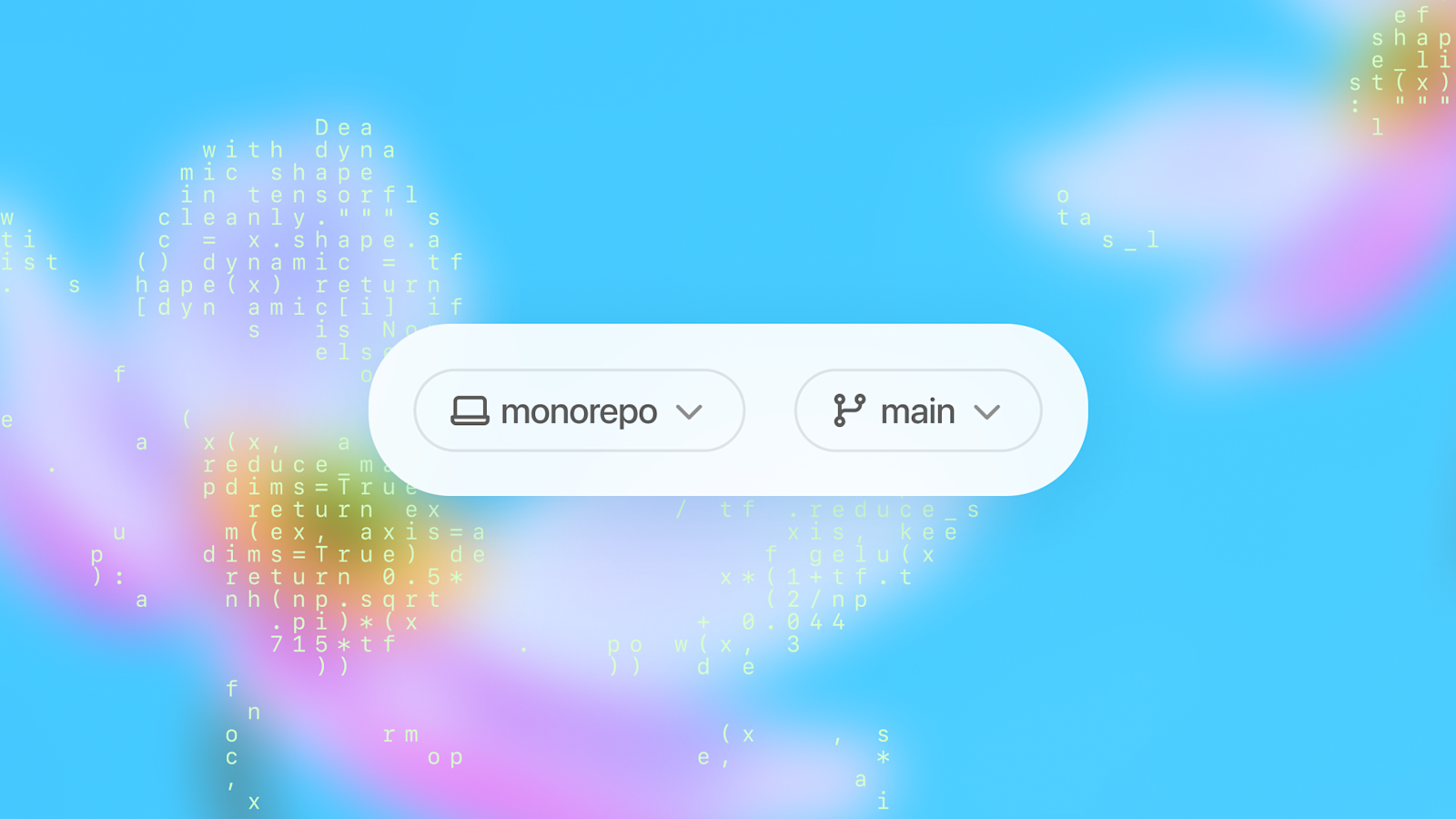Codex OpenAI Revolutionizes Software Engineering
The launch of Codex marks a significant milestone in the development of AI-powered coding tools, with the potential to transform the way software engineers work. As Codex continues to evolve and improve, it is likely to have a major impact on the industry, enabling developers to focus on higher-level tasks and improving overall productivity.

OpenAI has launched Codex, a cloud-based software engineering agent powered by Codex-1, a large language model, to assist engineers with coding tasks, generating code from natural language, fixing bugs, and suggesting changes.
Codex is designed to work safely and transparently, with users able to verify its outputs through citations, terminal logs, and test results. The agent is trained to align with human coding preferences and standards, producing cleaner patches that are ready for immediate human review. OpenAI has partnered with several companies, including Cisco, Microsoft, and Expensify, to test and refine Codex, which is available to ChatGPT Pro, Team, and Enterprise users.
The introduction of Codex is seen as a response to Google's Gemini, an AI coding agent designed for developing algorithms, and Windsurf, a coding model that OpenAI is in talks to acquire. The timing of the announcement is likely a response to Google's upcoming I/O conference. Codex is part of OpenAI's effort to transform ChatGPT into a multi-functional AI platform, alongside new agents such as Sora for video, Deep Research, and Operator for web browsing.
As the demand for AI-powered developer tools continues to surge, OpenAI aims to position itself as a dominant force in the next generation of developer tools, where AI agents work not just as assistants but as fully capable coding collaborators. With Codex, OpenAI is revolutionizing the software engineering industry, enabling engineers to work more efficiently and effectively.